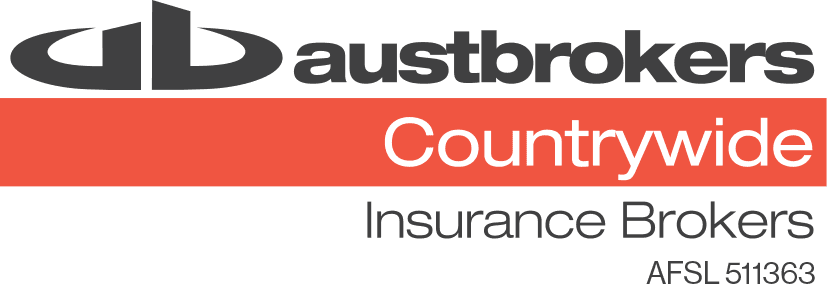Receive a Quote for Business Insurance

Yes, there are some types of insurance that you need to have. These include:
Here are the common types of insurance you should consider getting if you're a truck driver or run a business involving the use of trucks:

Public liability insurance is an important type of insurance that protects your business if it becomes legally liable for injury or damage to someone elses property.
It's a step above CTP, which is mandatory in Australia and only covers you for injuries to people if the driver of your truck was at fault in the accident. This is essential for independent drivers and truck business owners, as it covers third-party claims. For instance, if your truck damages a client’s equipment in an accident, public liability insurance can provide financial protection.
financially.

If you run a business that uses trucks, commercial vehicle insurance can cover you for loss or damage to your vehicle, third party property damage caused by your vehicle(s) and a number of other risks, including new vehicle replacement, uninsured motorists and hire car costs. It's a little like comprehensive car insurance but for business purposes and is helpful to have as a supplement to public liability insurance, which covers the business as a whole, not just the vehicles.

If you run a business and have employees, you need to have workers compensation. It's usually a mandatory requirement in all states of Australia.

This pays you a monthly income if you're unable to work due to serious injury. It's helpful if you're a self-employed truck driver or sole trader and don't have any employees as workers compensation usually won't cover you.
The cost of insurance can vary based on the provider and your occupation. This is simply because every job will carry a certain level of risk which insurers consider in calculating your premium. Additionally, each insurance provider will have its own unique criteria it uses to weigh your risk.
To give you a better idea of how much a public liability policy might cost you, we’ve taken a look at three popular Australian providers. We found that the cost of insuring your truck will set you back between $60 - $150 if you own your own truck. If you're using a truck hire service, it’s going to be between $50 - $90.
Keep in mind that the prices listed should only be used as a guide. Any quotes we found were based exclusively on the persona of an electrician with $250,000 in revenue per year.
| Occupation |  = = |  |  |
|---|---|---|---|
| Tradesmen who use a truck* | $61.85 | $70.60 | $142.75 |
| Truck hire service | $52.78 | $89.04 | N/A |
| $10,000,000 in liability cover | $10,000,000 in liability cover for | $10,000,000 in liability cover | |
| Get quote | Get quote | Get quote |
*This quote is based on an electrician with $250,000 in revenue per year.
Since you probably want to consider whether you need public liability, commercial vehicle insurance or both, here's a breakdown of what they cover you for:
Public liability insurance will generally cover you for the following:
Some exclusions you may encounter include the following:
Receive a Quote for Business Insurance

Farm insurance can provide the protection Australian farmers need. It can include ✓ building insurance ✓ crop insurance ✓ livestock insurance
There are various types of insurance to consider based on your specific business needs. Find out more in this guide.
Read the Finder guide to workers compensation insurance and get cover in place.
This hourly rate calculator helps you consider your costs and profit and divide that by the number of hours you will work.
Read more about NRMA business insurance and its features.
If you run a business from home you need to make sure your business is properly insured. Read our guide to this specific type of business insurance and learn how to cover your home business.
Receive quotes for cyber liability insurance from Australian brands.
Commercial property insurance is designed to protect business items.
When faulty products cause injury or loss, your business needs to protect itself with product liability insurance. Learn how product liability cover works and get quotes.
I have a 1999 mitsubishi canter and would like 3rd party acccident insurance. I use the vehicle for private use only and am not a buisness.
Hi Maurizio, sounds like you’re in the right place! We can help you compare third party property damage and third party fire and theft insurance. You can visit our car insurance comparison page and use the filters on the left to select the type of third party cover you’re looking for. When you find a policy you like, hit the ‘Get Quote’ button and you can apply directly on the insurer’s site. I hope this helps!
Ceyda